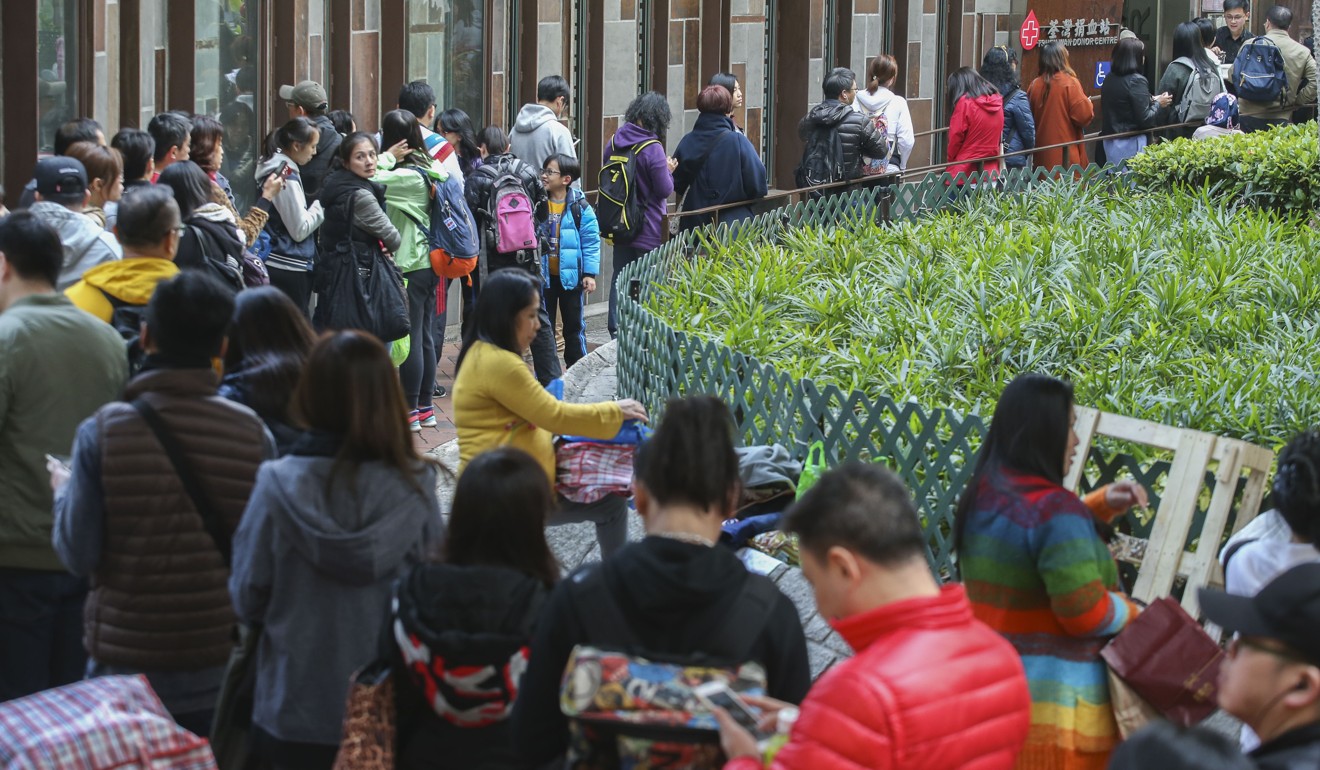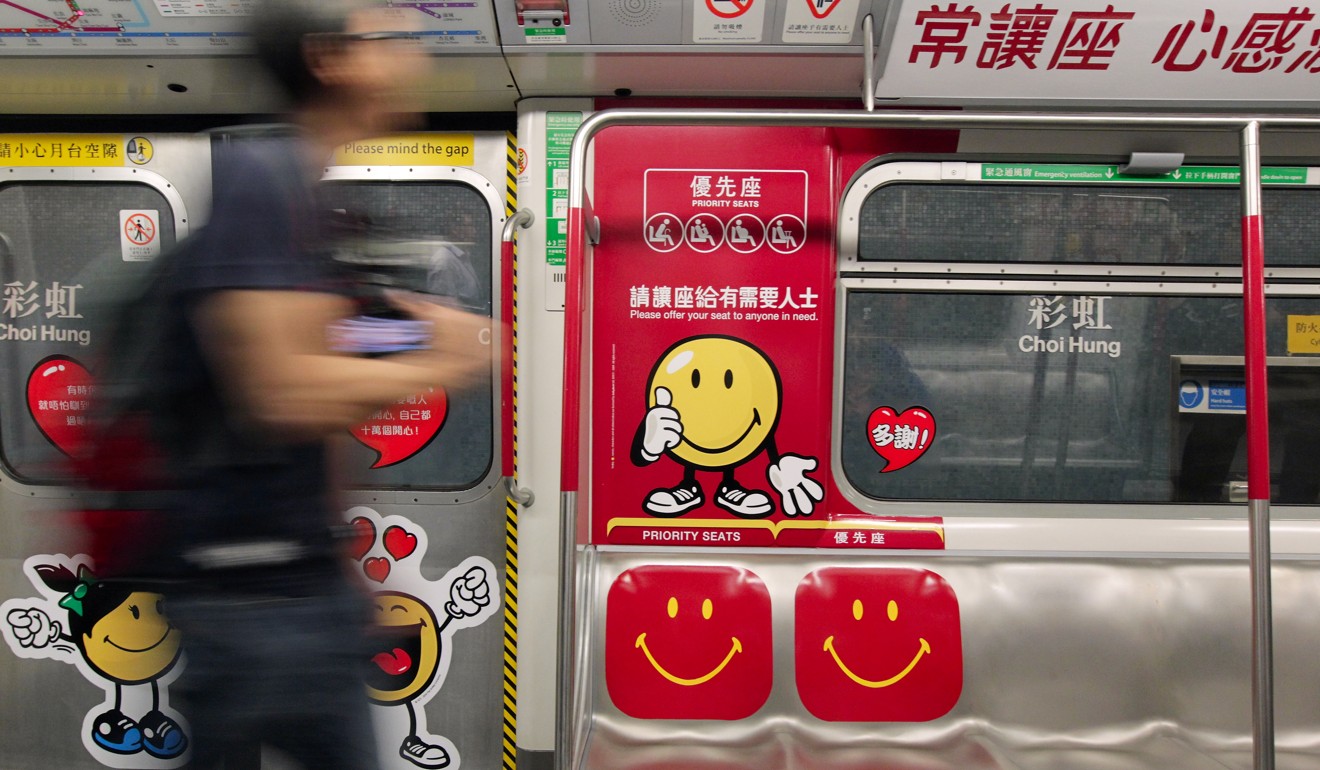
Rebuild trust in Hong Kong by nurturing altruism
Paul Yip says a recent study shows that, while Hong Kong people are generous with monetary donations, they are less able or willing to volunteer their time for charitable causes. Hong Kong must do more to encourage such contributions to strengthen social bonds
When it comes to lending a hand, Hong Kong people generally prefer to make a donation rather than volunteer their time, according to a two-year study on altruistic behaviour by the Hong Kong Centre for Suicide Research and Prevention.
The study focused on 10 types of altruistic behaviour, grouped into four categories: informal help; monetary donations; blood and organ donation; and, volunteering.
In 2017, 97.1 per cent of the people surveyed had given informal help to someone, while 83.5 per cent of people had made a monetary donation. Both figures were slightly lower than those from the previous year. But it was the share of people who volunteered their time that showed the biggest drop – from 51.5 per cent in 2016 to 47.3 per cent in 2017.
Meanwhile, the percentage of blood and organ donors increased, from 50 per cent to 52.7 per cent.
These numbers are consistent with the popular perception of Hongkongers’ busy lifestyles; people find it easier to donate money than their time, especially when so many already work very long hours.

Hong Kong is by no means alone in the challenge to encourage more people to do volunteer work. A US study on volunteerism found that more than 60 per cent of those who were interested in volunteering could not do so during their working day.
In such cases, companies that offer volunteer leave can help to raise the rate of participation. The survey also found that such measures could increase staff morale and their sense of belonging to the company.
Among the 10 types of altruistic behaviour, Hongkongers are generous when giving emotional support and giving up their seats for people in need on public transport, with participation rates of 82 per cent and 77 per cent respectively.
Among the different age groups, those between 15 and 34 were found to be the most generous with emotional support. This may relate to increased public awareness of student suicides and young people’s emotional problems in recent years.
Our study also shows that not only are young people using the internet to share information on helping, older adults are doing so, too. This is good news, as the internet and social media can be an effective channel to promote the value of altruism, particularly among retirees.
It is interesting to note that, despite recent publicity about Hongkongers not giving up their seats for people in need on public transport, the survey found that most were in fact forthcoming in giving such help. This shows that such behaviour is often under-reported, and we should do more to recognise and appreciate it.

The media has undeniable influence, of course. Sharing the right information in the media can reduce public misunderstanding about an issue and raise awareness of the positive social impact we make when helping others.
There are many ways to encourage altruistic behaviour. We need to provide a platform for those interested in taking part. Active participation from government, through philanthropy and the community are vital in rebuilding trust between Hong Kong people.
Helping people does not only help those in need to receive assistance. It also helps improve one’s own well-being by connecting with others. More resources should be set aside and policies implemented to promote altruism and ensure Hong Kong remains a caring society.
Paul Yip is director of the Centre for Suicide Research and Prevention at the University of Hong Kong

